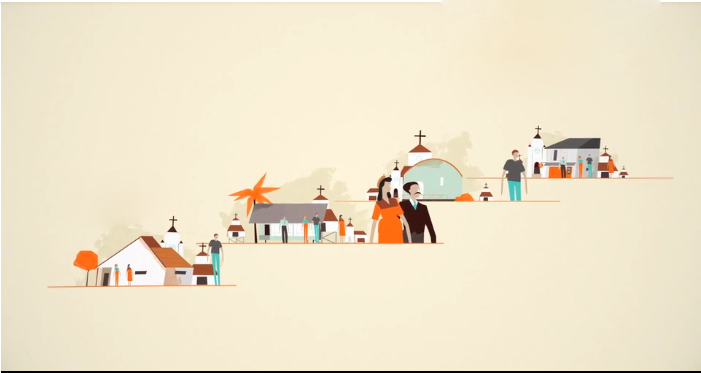About Christianity

Australian Baptist Ministries is an evangelical movement of churches, State Baptist Unions and National Ministries committed to proclaiming and demonstrating the good news of Jesus Christ as revealed in the Bible.
At Australian Baptist Ministries we do not have a separate statement of belief but rather affirm each of the State Associations statements. Please refer to the relevant state’s statement of belief below.
This section will give you a brief overview of the Christian faith and some of the key aspects of the beliefs of those churches and ministries associated with Australian Baptist Ministries.
Please note that not all Baptist churches hold to every aspect of the faith as articulated in these pages.
Statements of Belief

Phone
+61 8 61605719
Address
PHYSICAL: Ground Floor 95 Belgravia St Belmont WA 6104
POSTAL: PO Box 263 Bentley WA 6982
Contact Us



